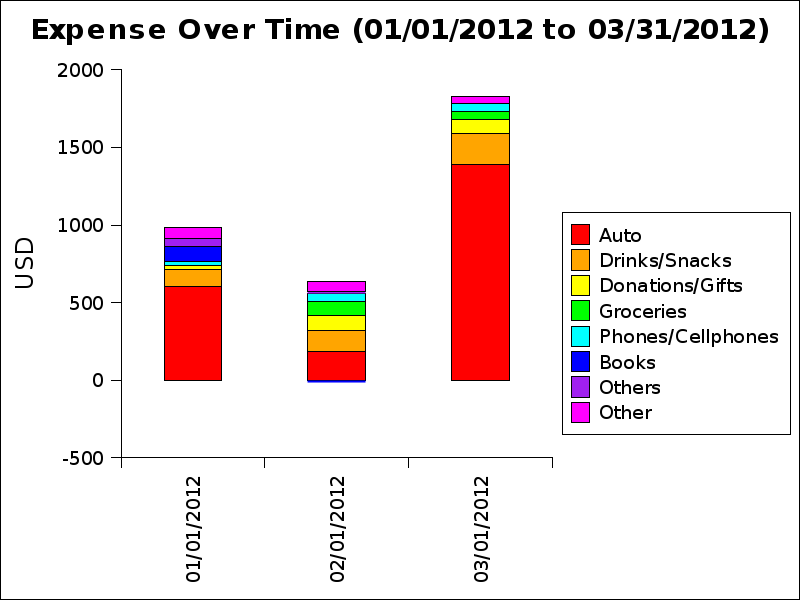Here is one issue I see regularly on various Personal Finance sites. Is it considered okay to play the lottery? My stance on the issue is it is alright, but in moderation. Below I listed the various Pros and Cons and then I give my argument below.
Pros
- So long as it’s money you don’t need and you only play every so often no harm should be done.
- There can be an Entertainment value thinking of what if I win.
- Several states use Lottery winnings to fund education.
- It can be a social event like in an office pool and can lighten the mood.
Cons
- You can have a gambling problem.
- If you overspend you could end up in debt.
- Is viewed as a “tax” on the low income.
- Several views it as a way out of poverty and/or a way to fund retirement.
I’m sure the list could go on, but those are the main point from several sites that I have read. I do believe it’s okay so long as it’s what several other Personal Finance sites and myself call “fun” money. I will have cash on occasion to buy small items such as drinks and snacks. If I was to buy a lottery ticket it would just mean one less coke to buy.
Also, a part of my college cost are paid via a scholarship fund that is funded in part from the state’s lottery. Plus I have over heard several people doing “what ifs” such as “If I won the lottery I would by a new car” and would get all excited and would have enjoyment from the thrills of the possibility, however slim it may be.
Yet at the same time we’ve all seen on the news cases of winners loosing it all or of several people spending insane amounts on the lottery in hopes of winning. In cases like this or when it’s viewed as a means to get out of poverty, then one should not play. For as they say in the TV ads, “Remember, it’s just a game.”

